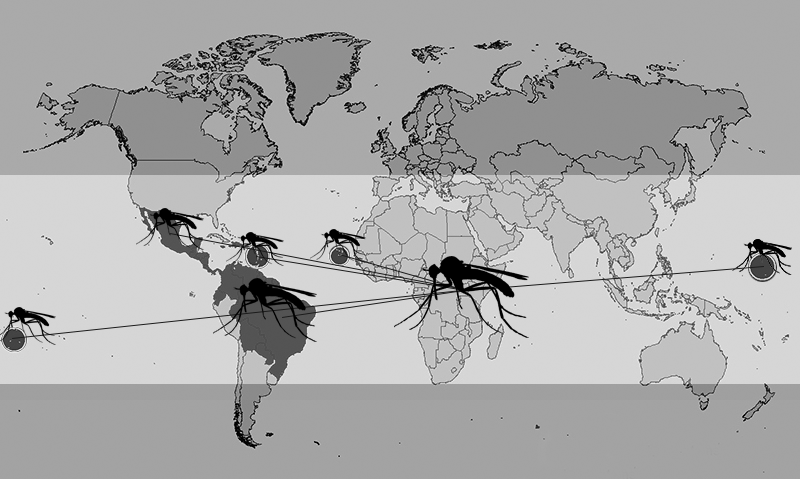-
Tips for becoming a good boxer - November 6, 2020
-
7 expert tips for making your hens night a memorable one - November 6, 2020
-
5 reasons to host your Christmas party on a cruise boat - November 6, 2020
-
What to do when you’re charged with a crime - November 6, 2020
-
Should you get one or multiple dogs? Here’s all you need to know - November 3, 2020
-
A Guide: How to Build Your Very Own Magic Mirror - February 14, 2019
-
Our Top Inspirational Baseball Stars - November 24, 2018
-
Five Tech Tools That Will Help You Turn Your Blog into a Business - November 24, 2018
-
How to Indulge on Vacation without Expanding Your Waist - November 9, 2018
-
5 Strategies for Businesses to Appeal to Today’s Increasingly Mobile-Crazed Customers - November 9, 2018
New study strengthens link between Zika and serious birth defects
In a new alarming study on Zika virus, researchers from Brazil have revealed that pregnant women in Zika-affected areas who become infected with the mosquito-borne diseases could be at an increased risk of not only giving birth to a child with microcephaly, but also having a fetus with severe health complications. The ailment results in an abnormally small head in newborns and is associated with various disorders including decreased brain development. At least twelve cases in the United States have now been confirmed by the CDC.
Advertisement
Researchers found that these cells, exposed to the virus in laboratory dishes, were infected within three days, turned into “virus factories” for viral replication and died more quickly than normal. He added that even if there is not a flawless link between the defects and Zika, the results add weight to the hypothesis and serve as “additional evidence suggesting an association between Zika virus and negative obstetrical outcomes, including birth defects and fetal demise”.
The mosquito-borne virus infects a kind of neural stem cell that goes on to form the cerebral cortex, the brain’s outer layer responsible for intellectual capabilities and higher mental functions, the study showed.
The virus was able to spread rapidly through these stem cells, the researchers learned. “Now you can be studying the virus in the right cell type, screening your drugs on the right cell type and studying the biology of the right cell type”.
But the correlation wasn’t scientifically confirmed and the mechanisms by which the virus causes this condition weren’t known until Friday, when two studies demonstrating and explaining the link were published.
According to the study, in 29 percent of the women who tested positive for Zika, ultrasounds found significant abnormalities in their fetuses.
The abnormalities included microcephaly, calcification of the brain, abnormal flow of amniotic fluid, abnormal flow of blood to the brain and fetal deaths, the study said.
Also on Friday, the World Health Organization released a situation report on Zika. It also appears the virus can harm fetuses in the third trimester, even if infection occurs earlier.
Advertisement
-Thirty-one of these countries and territories are in the Americas. “It strengthens the case that Zika is a culprit behind microcephaly”, said Joseph Gleeson, an investigator for the Howard Hughes Medical Institute, who was not involved in the study. But unlike some of those viruses, there is no vaccine to prevent Zika or medicine to treat the infection.





























